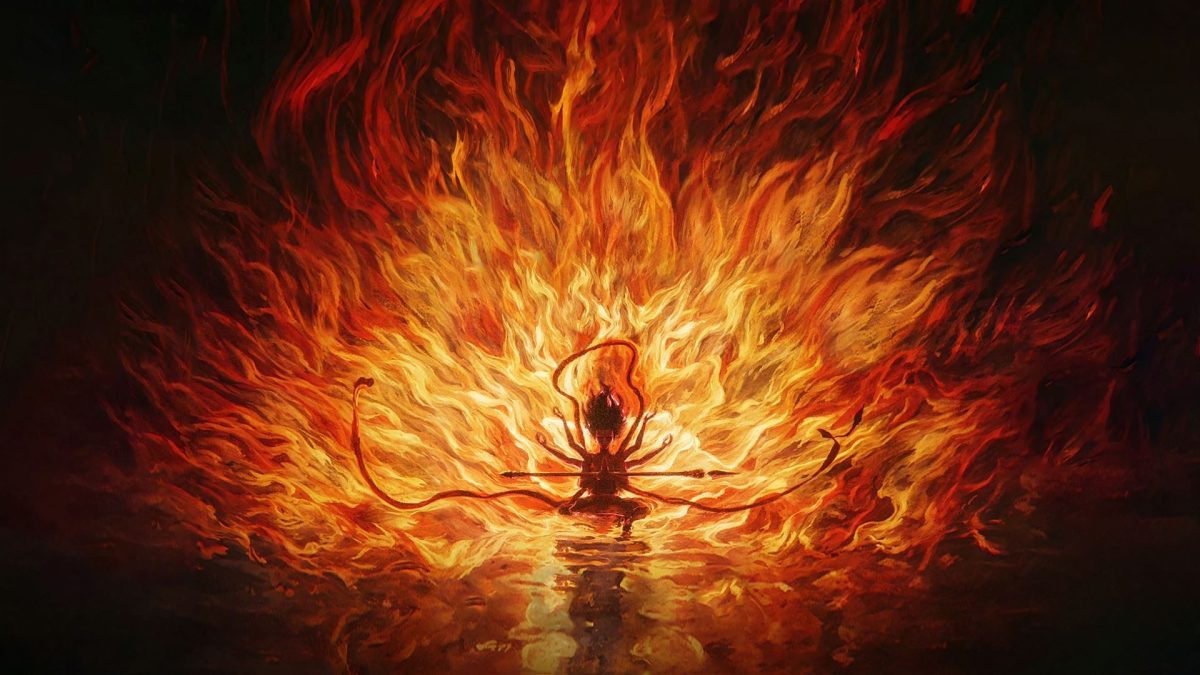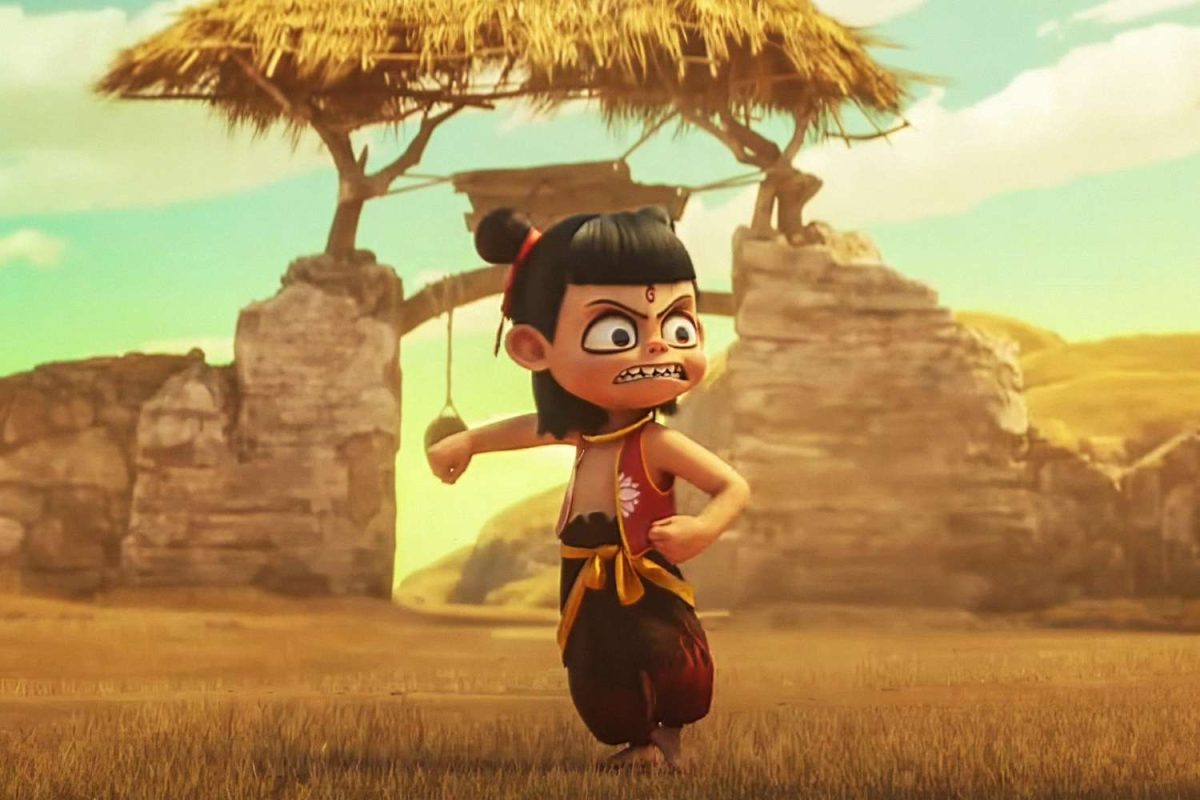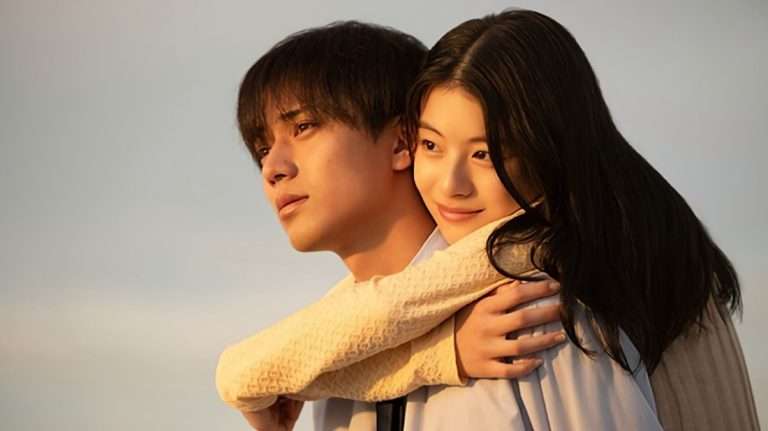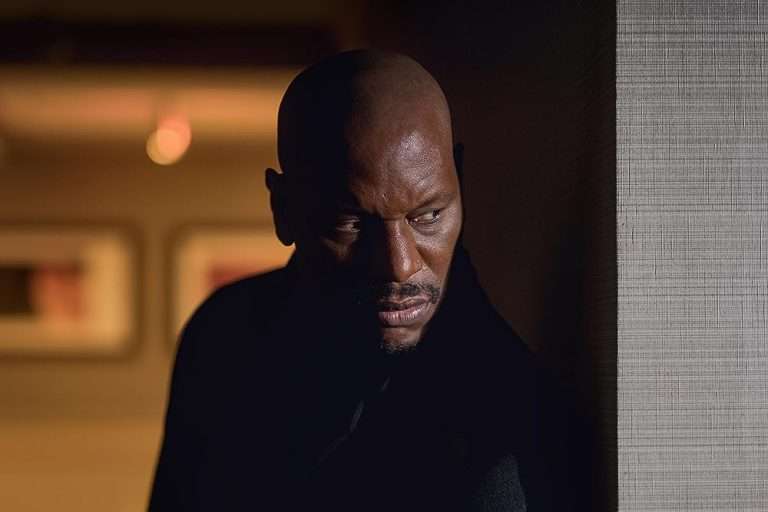It would not be an overstatement to say that on a purely technical level, “Ne Zha 2” (Nezha: Mo tong nao hai, 2025) is one of the most impressive achievements in animated cinema within the 21st century. While it is often argued that 3-D animation can never capture the same precise, hand-drawn quality that makes the traditional 2-D style feel so earnest, “Ne Zha 2” is the rare example of the former in which nearly every frame feels like a painting.
While it contains the type of goofy, slapstick humor that has become inherent to modern family-friendly media, “Ne Zha 2” is also a feat of action filmmaking that outdoes many live-action films this year. There aren’t many films that run for over 140 minutes that can say that they continuously raise the stakes and spectacle for the course of their entire run.
Animation may have become a genre dominated by franchises, as recent years have proven that audiences are more interested in sequels to “Shrek,” “Despicable Me,” “The Incredibles,” and “Inside Out” than they are in anything original. However, “Ne Zha 2” can’t be characterized as another cash-grab, as it is part of a larger piece of mythology based on the 16th-century Chinese novel “The Investiture of the Gods,” which explored the role of monsters, demons, and magic within the Shang and Zhou dynasties.
While 2019’s “Ne Zha” had shown the rise of a young hero as he became gifted with incredible powers, the sequel is a full-blown epic that incorporates all the imaginative mythology inherent to stories that have remained in culture for such an extended period of time.
The end of the first “Ne Zha” film saw the young boy Ne Zha and the dragon prince Ao Bing witness their own bodies being destroyed, but their mentor Taiyi Zhenren is able to reform their physical likenesses through magic.
After Ao Bing’s father, Ao Guang, leads an attack on the demons that are imprisoned below the royal palace, a ceasefire is reached. Although Ao Bing’s body is destroyed, he cohabits Ne Zha’s physical form, allowing them to work together to complete trials to become an immortal. Although these trials have been set up by the Immortal Wuliang, he secretly conspires to create chaos and war. Shen Gongbao is tasked by Ao Guang to guard the Chentang Pass, and a tragedy leads him to turn against his supposed allies.

Despite the extensive amount of worldbuilding and vast array of characters, “Ne Zha 2” rarely feels the weight of its scale. The extended running time may not add much complexity to the story, but it does allow the film to give just enough screen time to each of the characters and a compelling motivation. While the film’s action scenes go on to the point that a viewer with less knowledge of the source text may grow confused, it is still fairly easy to identify where characters stand morally, and why they are emotionally engaged in the conflict.
Ironically, the biggest issue with “Ne Zha 2” is its titular character. Ne Zha is simply an irritating protagonist whose path to heroism is far less interesting than the more nuanced supporting cast. Ao Bing is an intriguing character who feels both ethereal and grounded. While he is gifted with powers and abilities that give him an extraordinary capacity to intervene in critical events, he’s also grown skeptical about what these same advantages have done to his father.
As is common in myths and legends, misconceptions and confusion can lead to devastating errors and conflicts. If Ne Zha seems to reflect a spunkier, modern perspective on what a reluctant hero looks like, Ao Bing’s characterization feels more consistent with the mythological intention.
Ne Zha’s presence in the story does occasionally undercut some of the more interesting plot points, including the surprisingly depthful role for Shen Gongbao. Although his haughty, snarky attitude seems to be in line with a great villain, Shen Gongbao is revealed to be a far more empathetic and vulnerable character when the film takes the time to explore the relationship he shares with his younger brother, Shen Xiaobao.
While this sets up a fascinating ethical dilemma, the latter half of “Ne Zha 2” puts a greater significance upon the relationship between Ne Zha and his parents, Lady Yin and Li Jing. These characters are, unfortunately, not given much depth beyond what would be expected of an old-fashioned fantasy film, and their arc in relation to Ne Zha becomes so predictable that the emotional impact is dulled.

“Ne Zha 2” often feels at odds with itself when it comes to tone, as the film varies wildly between self-serious spectacle and wackier humor aimed at a younger audience. That’s not to say that toilet humor and slapstick gags don’t have a place in what is an animated family film, but they grow tiresome in a film that is in no rush to skip past the details. The more sophomoric humor that exists early on makes the shift into tragedy more abrupt as “Ne Zha 2” reaches its middle chapter, especially when characters like Taiyi Zhenren are transformed from caricatures into emotional centerpieces.
The action in “Ne Zha 2” is truly astounding. The film finds a comfortable blend of practical martial arts combat and its more imaginative flights of fantasy. Even though these powers are all theoretical, the film is consistent in the application of physics and rules, allowing any truly wondrous moments to feel unexpected.
Yet there’s a surprising weightlessness to the violence, as the barrage of slapstick gags blurs which blows and injuries that should be taken seriously. Still, the film draws from stories deeply rooted in culture and history, and Ne Zha 2 is clearly aimed at children, who are likely to be swept away by its dazzling visuals, cheeky humor, and playful characters.
That’s not to imply that there’s no artistry within a film that is so immaculately designed, but “Ne Zha 2” shares more stylistic similarities with “Despicable Me” than it does with “The Lord of the Rings.” Although it is the second chapter in a trilogy, it’s not necessarily a “darker sequel” in the vein of “The Empire Strikes Back” or “The Dark Knight.” Nonetheless, a compelling post-credit stinger suggests that a third (and potentially final) entry in this lucrative franchise could push its sense of spectacle even further.



![Thelma [2017] – A Striking Tale of Self-Discovery with Spellbinding Imagery](https://79468c92.delivery.rocketcdn.me/wp-content/uploads/2017/12/cover-1-768x432.jpg)


![Why Don’t You Play In Hell? [2013]: An Independent Filmmaker’s Wet Dream!](https://79468c92.delivery.rocketcdn.me/wp-content/uploads/2015/12/12348625_1104286636256740_1882784607_n.jpg)

